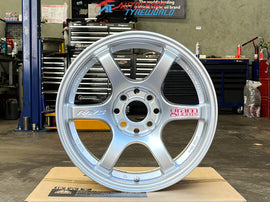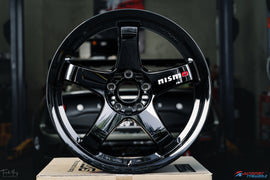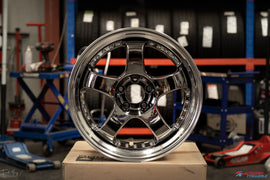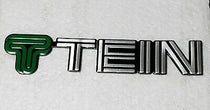How to Choose the Right Car Battery
With so many options available, choosing the right car battery can seem overwhelming. Your car’s battery plays a crucial role in starting the engine and powering electrical systems, so selecting the right one ensures optimal performance, reliability, and longevity.
Here are the key factors to consider when selecting a battery that best suits your vehicle’s needs.
1️⃣ Battery Size and Compatibility
Every vehicle is designed to use a specific battery group size, which determines the battery’s physical dimensions and terminal placement.
To find the correct size and specifications for your car:
-
Check your owner’s manual, or
-
Use a trusted online battery selector tool.
Make sure the new battery matches your vehicle’s recommended:
-
Group size (fit and terminal orientation)
-
Cold Cranking Amps (CCA) – the battery’s ability to start your car in cold conditions
-
Reserve Capacity (RC) – how long the battery can power essential systems if the alternator fails
Using the correct battery ensures proper fit, safety, and consistent electrical performance.
2️⃣ Battery Type
Car batteries generally come in two main types:
🔹 Lead-Acid Batteries
These are traditional batteries — affordable and widely available. They work well for standard vehicles and driving conditions but may require occasional maintenance.
🔹 AGM (Absorbed Glass Mat) Batteries
AGM batteries use advanced technology for improved performance, durability, and resistance to vibration and deep discharge. They are ideal for vehicles with start-stop systems, luxury features, or high electrical demands.
💡 Tip: Consider your driving habits, climate, and budget. Frequent short trips, extreme weather, or modern electronics may justify upgrading to an AGM battery.
3️⃣ Battery Performance
Two key performance ratings to look for are:
-
Cold Cranking Amps (CCA): Indicates the battery’s ability to start an engine in cold weather. If you live in a colder region, choose a battery with a higher CCA rating.
-
Reserve Capacity (RC): Measures how long a fully charged battery can power your car if the alternator stops working. A higher RC rating means better backup performance.
Make sure the battery’s ratings meet or exceed the manufacturer’s recommendations for your car model.
4️⃣ Quality and Brand Reputation
Choose a reputable brand known for quality, durability, and reliability. Well-established brands often meet strict industry standards and undergo extensive testing.
Before purchasing:
-
Read customer reviews and ratings.
-
Check for certifications or OEM approvals.
-
Avoid cheap, unbranded options that may fail prematurely or perform inconsistently.
Investing in a trusted brand ensures better long-term value and peace of mind.
5️⃣ Warranty Coverage
A good warranty reflects the manufacturer’s confidence in their product. Look for batteries that include:
-
Free replacement period – full coverage if the battery fails early
-
Prorated period – partial coverage after the free replacement ends
A longer warranty often indicates superior quality and reliability, offering both protection and cost savings if issues arise.
FAQs
🔋 Can a Car Battery Last 10 Years?
While it’s rare, some high-quality batteries from reputable brands can last up to 10 years under ideal conditions.
However, most batteries typically last 3 to 5 years, depending on maintenance, driving habits, and climate.
⚡ What Shortens Car Battery Life?
Several factors can reduce battery lifespan:
-
Lack of regular maintenance
-
Exposure to extreme heat or cold
-
Frequent deep discharges (running the battery too low)
-
Short, frequent trips that prevent full recharging
-
Leaving the car unused for long periods
-
High electrical load from added accessories
Proper care and maintenance can help minimize these effects.
🚗 Does Driving Slower Save Battery Life?
Driving slower has only a minor impact on battery life. Battery health depends more on temperature, charging consistency, usage patterns, and maintenance habits than on driving speed.
















